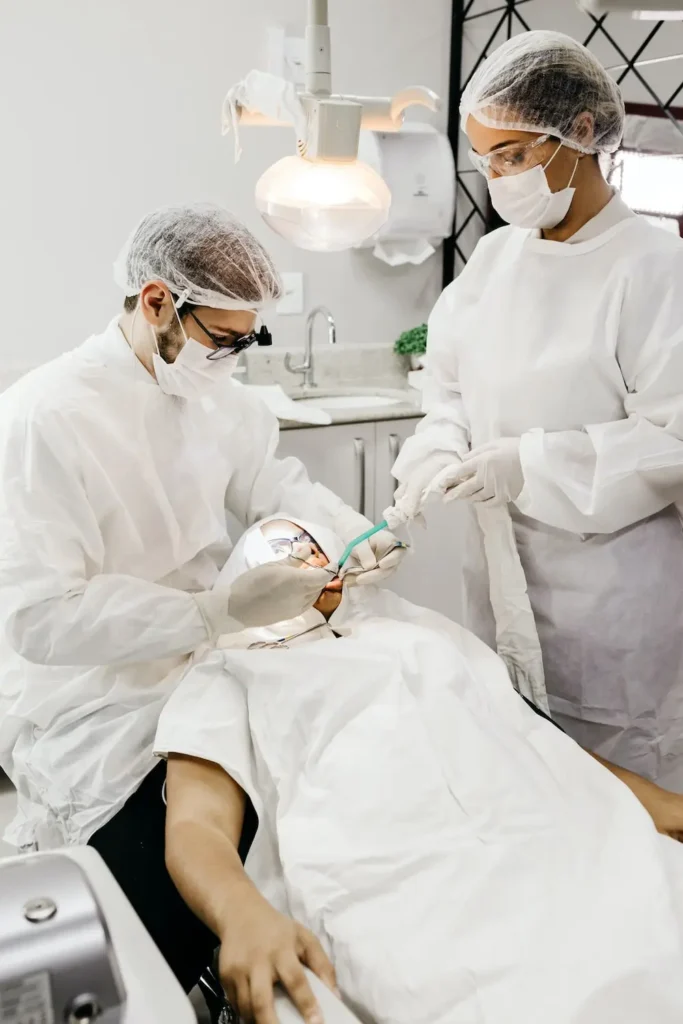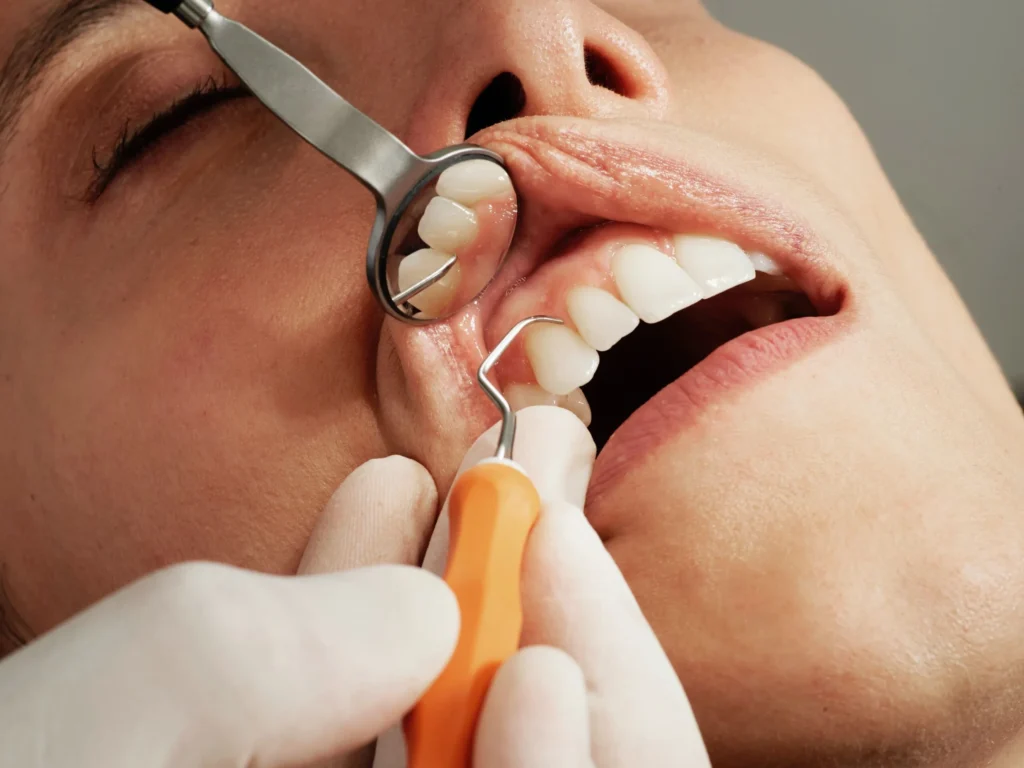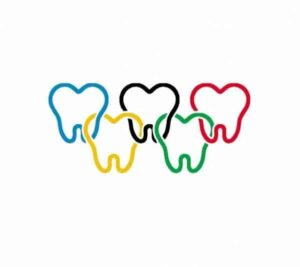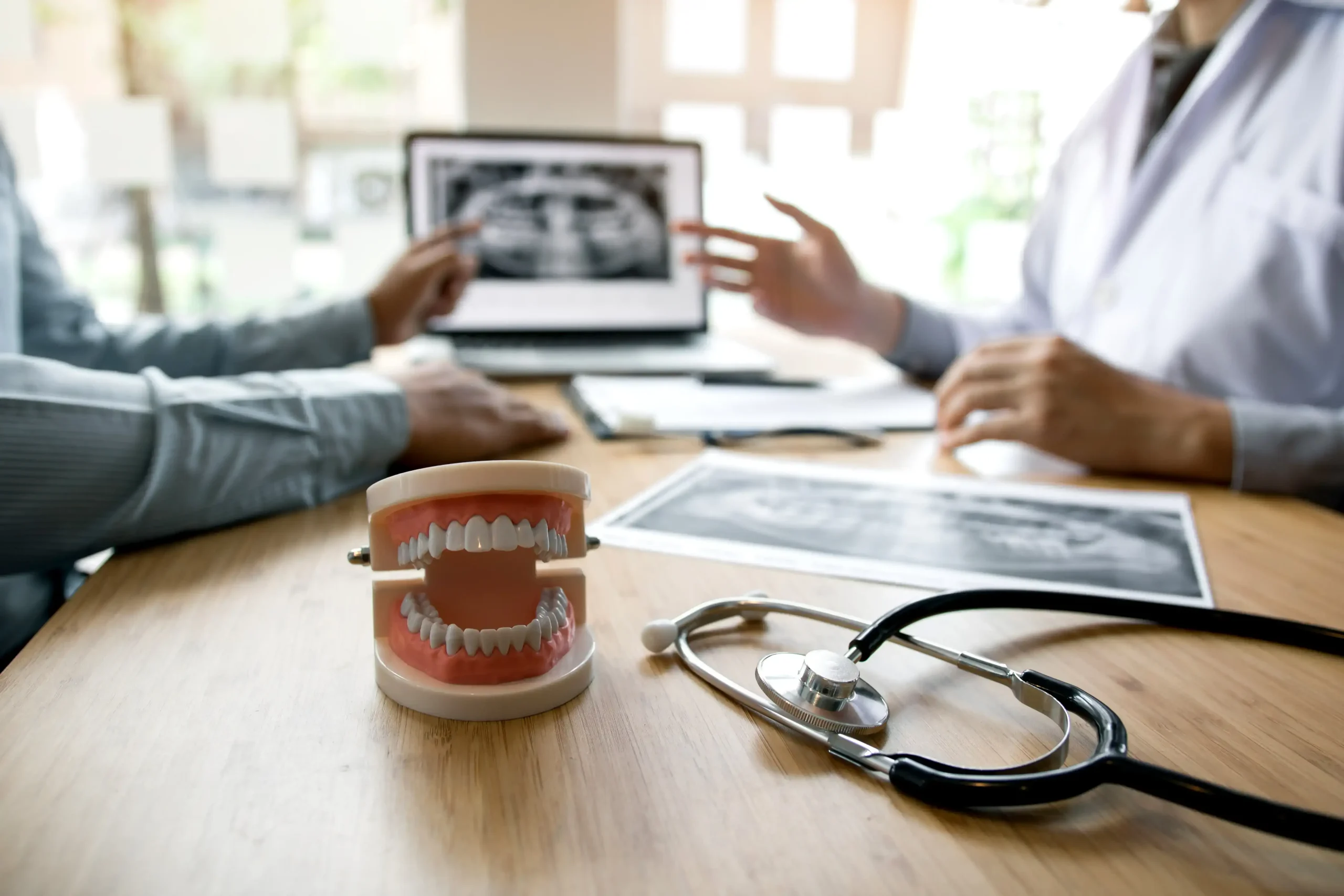Dental emergencies can strike at any time, causing pain, discomfort, and even fear. Knowing what to do in these urgent situations is crucial for preserving your oral health and preventing further damage. As someone who’s experienced a fair share of tooth troubles, I want to help you navigate dental emergencies with confidence.
What is Considered a Dental Emergency?
Not every dental issue requires an emergency visit. Here are situations that demand immediate attention:
- Knocked-Out Tooth: Time is of the essence. If a permanent tooth gets knocked out, finding and preserving it can significantly impact the success of reimplantation.
- Severe Toothache: Intense, unrelenting tooth pain could signal an infection or abscess, which needs prompt dental care to prevent complications.
- Broken or Fractured Tooth: Sharp edges of a broken tooth can lacerate your tongue or cheeks. A dentist can smooth them down and assess the damage.
- Trauma to the Jaw: Any suspected jaw fractures or dislocations warrant an emergency room visit.
- Uncontrollable Bleeding: Excessive bleeding after dental work or oral injury might need professional management.
What to Do: Step-by-Step Guide
- Stay Calm: It’s natural to feel anxious, but panicking won’t help. Taking deep breaths can help you think more clearly.
- Contact Your Dentist: This is your first port of call. Even if it’s beyond office hours, many dentists have emergency lines for situations like these.
- First Aid Measures: Follow your dentist’s instructions. In the meantime, here are some common first aid steps:
- Knocked-Out Tooth: Recover the tooth, holding it by the crown only. Rinse it gently with water if it is dirty. Try to place it back into its socket. If that’s not possible, keep it moist in milk or your saliva.
- Severe Toothache: Rinse your mouth with warm salt water. Apply a cold compress outside your cheek to manage swelling. Over-the-counter painkillers offer temporary relief.
- Bleeding: Apply clean gauze with firm pressure to the bleeding site for 15-20 minutes. If it doesn’t subside, go to the emergency room.
- Urgent Care or ER: If your dentist is unavailable, an urgent care center might offer emergency dental services. For severe injuries involving potential jaw damage or heavy bleeding, the emergency room is the best option.
Prevention: The Best Solution
While you can’t prevent every accident, good oral hygiene practices significantly reduce your risk of dental emergencies:
- Brush Twice Daily and Floss: The basics remove plaque and protect against cavities and infections.
- Regular Dental Checkups: Allow your dentist to catch issues early, preventing them from escalating.
- Mouthguards: If you participate in sports, a mouthguard can save your teeth from injury.
Remember, You’re Not Alone
Dental emergencies can be stressful, but knowing the right steps can make a huge difference in the outcome. Remember, your dentist in Scarborough and other healthcare professionals are there to help. Don’t hesitate to seek the care you need to restore your smile and well-being.
Read Also,
Comprehensive Guide to Dealing with Dental Emergencies at Home
Understanding The Role of A Dentist in Scarborough
Top 5 Questions To Ask Your Scarborough Dentist At Your Next Visit
FAQs
- What if my tooth is chipped but not causing pain?
- Even a minor chip can weaken the tooth’s structure. A dentist can assess the extent of damage and recommend a fix to prevent further breakage.
- How do I preserve a knocked-out tooth if I can’t put it back in the socket?
- Milk is the best medium for storage. If milk isn’t available, use your own saliva (store the tooth in your cheek). Avoid storing it in plain water.
- Can I use over-the-counter pain medication for a severe toothache?
- Yes, OTC pain relievers like ibuprofen or acetaminophen provide temporary relief. However, don’t delay getting professional help as the infection causing the pain needs treatment.
- What if I’m not sure if my dental issue is an emergency?
- When in doubt, always call your dentist for guidance. They will be able to determine the severity of the issue and whether you need immediate care.
- Can an urgent care clinic treat a dental emergency?
- Some urgent care clinics offer basic emergency dental services. It’s always best to call them ahead and describe your situation.
- I’m traveling and have a dental emergency. What do I do?
- Contact your dentist; they might have partner clinics in your location. If not, check online resources or ask your hotel for recommendations on emergency dental care.
- How can I make dental emergencies less likely to happen?
- Prioritize excellent oral hygiene (brushing twice daily, flossing), wear a mouthguard during sports, and schedule regular dental checkups and cleanings.





